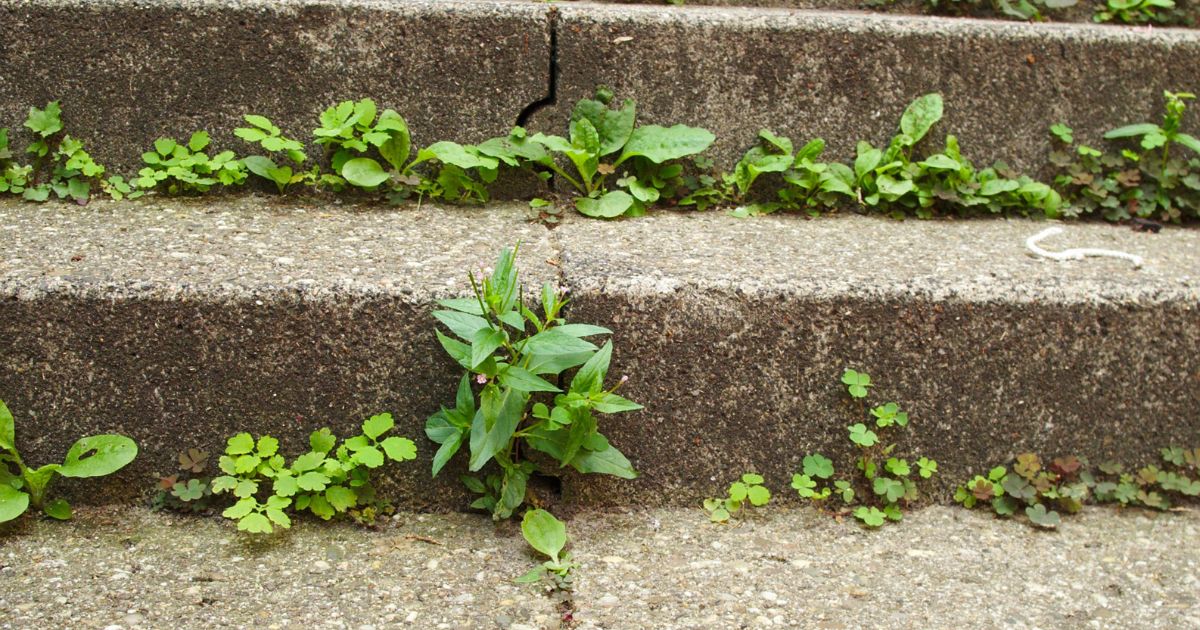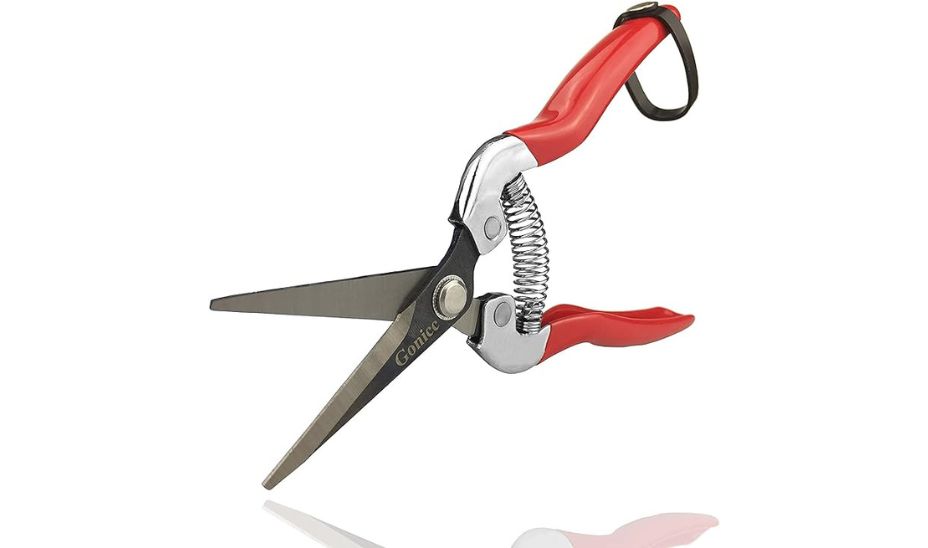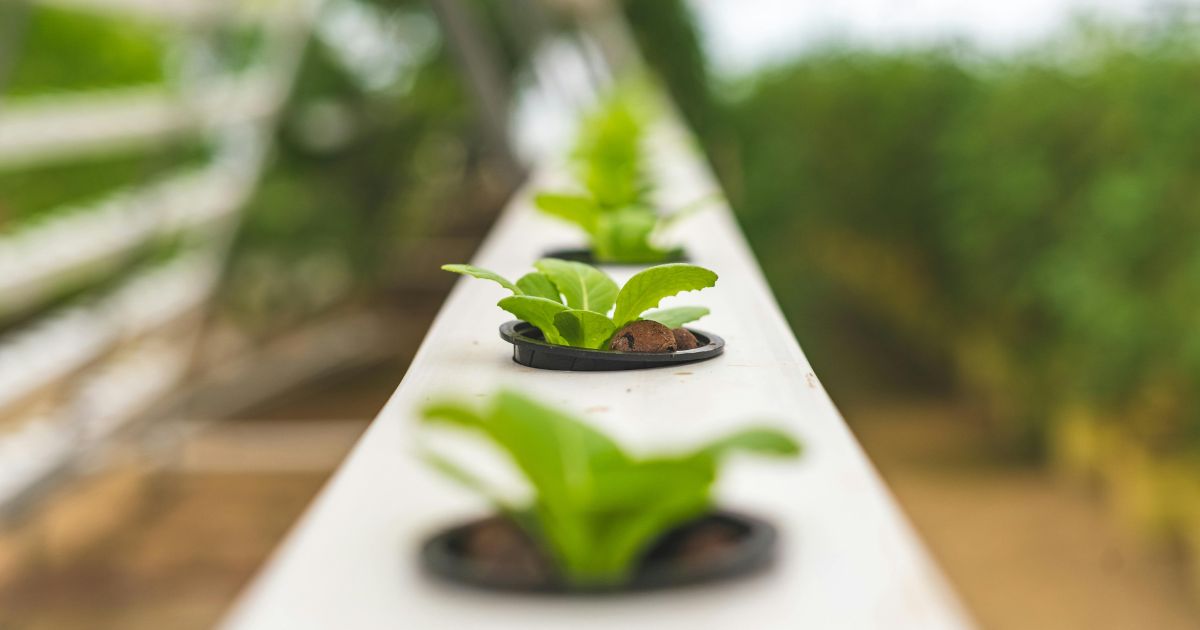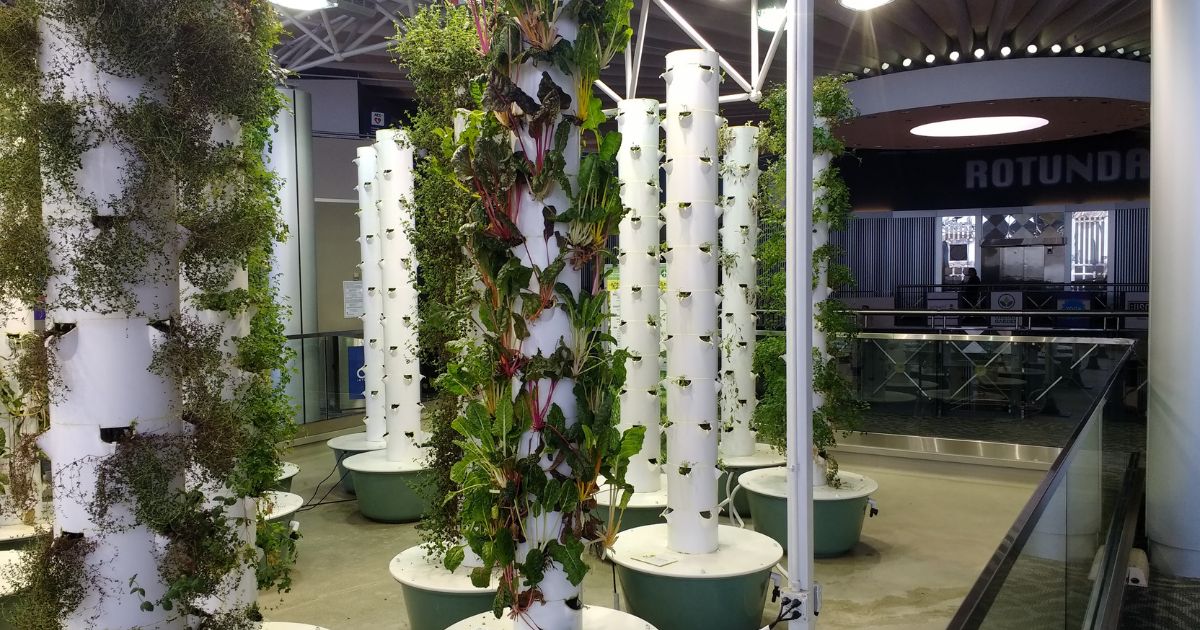
Best Ways to Control Weeds and Keep Your Garden Thriving
Weeds compete with your plants for water, nutrients, and sunlight, often disrupting the beauty and productivity of your garden. Effective weed control requires a combination of proactive prevention and consistent maintenance. In this guide, we’ll explore proven strategies and tools to help you manage weeds like a pro.
What Are Weeds and Why Control Them?
Weeds are unwanted plants that grow in your garden or landscape, often outcompeting desirable plants. Common examples include dandelions, crabgrass, and chickweed. Left unchecked, weeds can:
- Reduce crop yields.
- Harbor pests and diseases.
- Make gardens look untidy.
Controlling weeds early prevents these problems and promotes a healthy, vibrant garden.
Types of Weed Control Methods
1. Manual Weed Removal
Hand-pulling or digging weeds is one of the most direct methods of control.
Tips:
- Remove weeds when the soil is moist to make pulling easier.
- Grasp weeds close to the base to remove the entire root system.
- Use a hoe or hand weeder for larger areas or stubborn roots.
2. Mulching
Mulch acts as a barrier, smothering weeds and preventing their growth.
How to Mulch Effectively:
- Apply 2-3 inches of organic mulch, such as bark, straw, or wood chips, around plants.
- Reapply mulch as it decomposes over time.
- Avoid piling mulch directly against plant stems to prevent rot.
3. Using Landscape Fabric
Landscape fabric blocks sunlight, preventing weed seeds from germinating.
Steps:
- Lay fabric over the soil and cut slits for plants.
- Anchor it with garden staples.
- Cover with a layer of mulch for added effectiveness and aesthetics.
4. Regular Mowing
For lawns, mowing at the correct height helps control weeds by preventing them from going to seed.
Recommendations:
- Mow grass to a height of 3-4 inches to shade weed seeds.
- Use a bagging mower to collect weed seed heads.
5. Weed Prevention Through Proper Plant Spacing
Dense planting minimizes open soil areas where weeds can grow.
Tips:
- Follow spacing guidelines for each plant species.
- Use ground covers or low-growing plants to fill gaps in beds.
Natural Weed Control Options
1. Boiling Water
Pouring boiling water directly on weeds is an effective and chemical-free way to kill them.
Best For:
- Driveways, sidewalks, and other non-plant areas.
2. Vinegar Spray
Household vinegar can kill weeds, especially young ones.
Recipe:
- Mix 1 gallon of white vinegar with 1 tablespoon of dish soap.
- Spray directly onto weeds, avoiding nearby plants.
3. Homemade Mulch
Use grass clippings, shredded leaves, or newspaper layers to suppress weeds naturally.
Chemical Weed Control
When natural methods aren’t sufficient, herbicides can be a useful tool.
Types of Herbicides:
- Pre-emergent: Prevents weed seeds from sprouting.
- Post-emergent: Targets existing weeds.
Guidelines for Safe Use:
- Read and follow the label instructions carefully.
- Apply during calm weather to avoid drift onto desirable plants.
- Wear protective clothing and gloves.
Best Practices for Long-Term Weed Control
- Regular Garden Maintenance
- Weed frequently to prevent them from setting seeds.
- Inspect your garden weekly for new growth.
-
Rotate Crops and Plants
Changing plant locations annually can disrupt weed cycles. -
Improve Soil Health
Healthy soil promotes vigorous plant growth, naturally outcompeting weeds. -
Water Strategically
- Use drip irrigation or soaker hoses to water only desired plants.
- Avoid overhead watering, which can encourage weed growth.
Common Weed Control Mistakes to Avoid
-
Pulling Weeds Incorrectly
Failing to remove the roots can result in regrowth. -
Overusing Herbicides
Excessive or improper application can harm desirable plants and the environment. -
Neglecting Bare Soil
Exposed soil is a magnet for weeds. Cover it with mulch or ground covers promptly.
Tools for Effective Weed Control
- Garden Hoe: Ideal for shallow-rooted weeds.
- Hand Weeder: Great for precision removal of small weeds.
- Weed Torch: Uses flame to kill weeds in non-flammable areas.
- Wheel Hoe: Perfect for clearing large garden rows efficiently.
With the right combination of prevention, natural methods, and tools, you can keep your garden weed-free and flourishing. Consistency is key—regular maintenance will save you time and effort in the long run.
Weeding FAQs
1. Can I prevent weeds without chemicals?
Yes! Mulching, hand-pulling, and proper spacing are excellent chemical-free methods.
2. How often should I weed my garden?
Check your garden weekly for new weed growth, especially during the growing season.
3. Is it safe to compost weeds?
Only compost weeds that haven’t gone to seed to avoid spreading them.
By applying these strategies, you’ll be well on your way to a weed-free and thriving garden! 🌱



